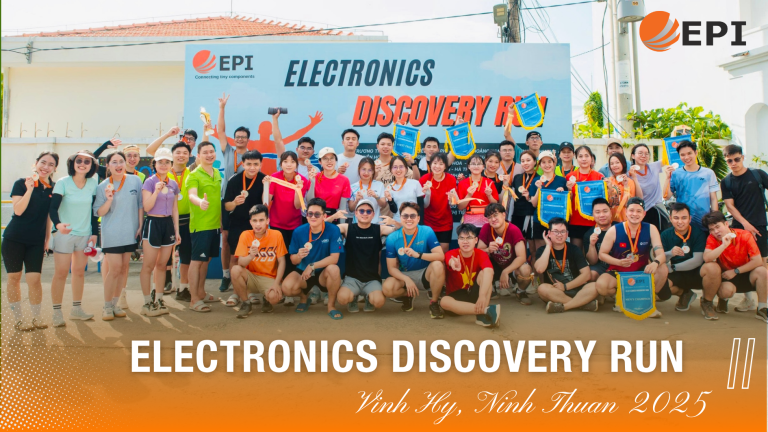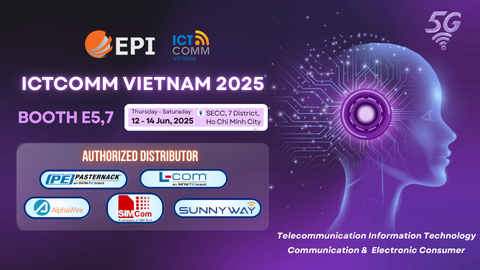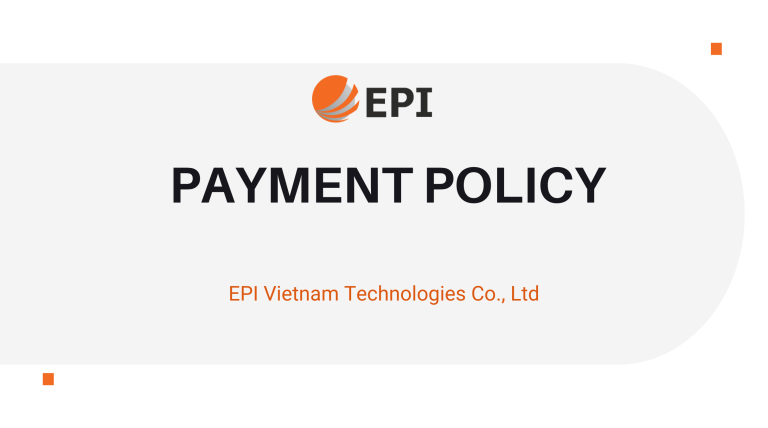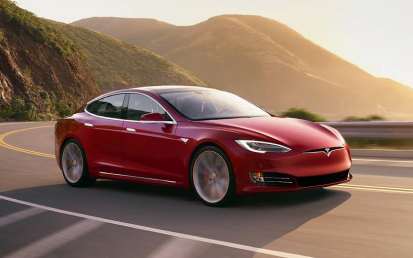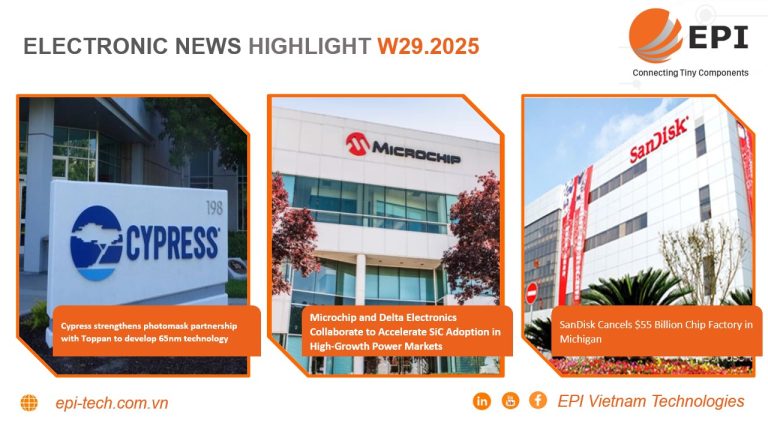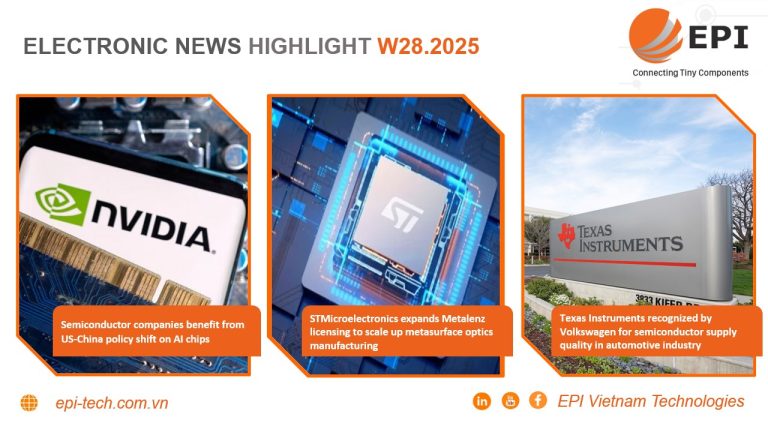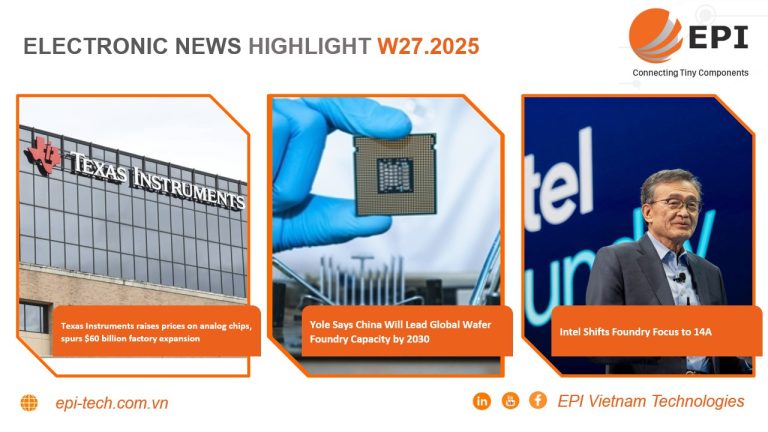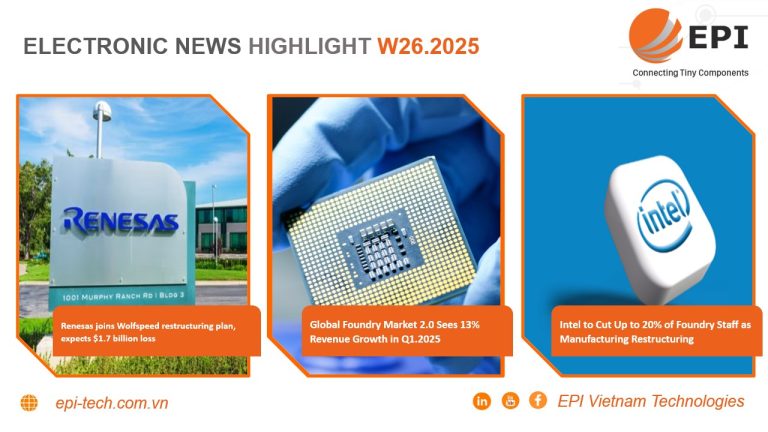ELECTRONICS NEWS HIGHLIGHT W19.2024

1. Samsung plans to expand its R&D facility in Silicon Valley to design AI chips
According to the report, Samsung Electronics plans to expand its Silicon Valley R&D center in the United States to specifically design artificial intelligence chips. Therefore, Samsung strengthens the necessary capacity to break through the artificial intelligence chip market currently dominated by large American technology companies such as Nvidia.
According to industry sources, Samsung’s SAIT (formerly Advanced Institute of Technology) has established the Advanced Processor Laboratory (APL) in Silicon Valley to specialize in AI chip design.
The report indicates that APL is developing the next generation of semiconductor designs, focusing on RISC-V – the basic standard for semiconductor chip design. The field is monopolized by ARM, a British semiconductor design company. Samsung’s RISC-V initiative is understood to be a new step towards technological independence.
The ultimate goal of Samsung’s APL Research Institute is to design its own RISC-V-based AI chip.
Learn more: Samsung plans to expand its R&D facility in Silicon Valley to design AI chips
2. Micron will receive more than 6 billion USD in US subsidies
According to the report, Micron Technology will receive more than $6.1 billion in subsidies from the US Department of Commerce to help pay for domestic factory projects. The grant has not yet been finalized and is expected to be announced next week.
Intel and TSMC, Micro accepted loans as part of its incentives, and the total value of the loans remains unclear.
Learn more: Micron will receive more than 6 billion USD in US subsidies
3. OpenAI seeks cooperation with Japan to purchase AI chips
“OpenAI will seek partners in the Japanese semiconductor industry to purchase high-performance chips for artificial intelligence (AI),” OpenAI chief executive Brad Lightcap said in a recent interview. The group opened its first office in Asia in Tokyo.
High-performance graphics processing units (GPUs) are critical to the learning process of synthetic AI. Information says Nvidia accounts for about 80% of the market and is in scarce supply. Brad Lightcap understands it is important for the industry to avoid shortages as he expects demand to increase sharply in the coming years.
“Our top priority is to ensure we don’t end up in a world where there’s too much demand for artificial intelligence and not enough capacity,” Brad Lightcap said. We have the opportunity to cooperate extensively with Japan to (secure supply) and we are very excited about that.”
Learn more: OpenAI seeks cooperation with Japan to purchase AI chips



 English
English  Tiếng Việt
Tiếng Việt 





